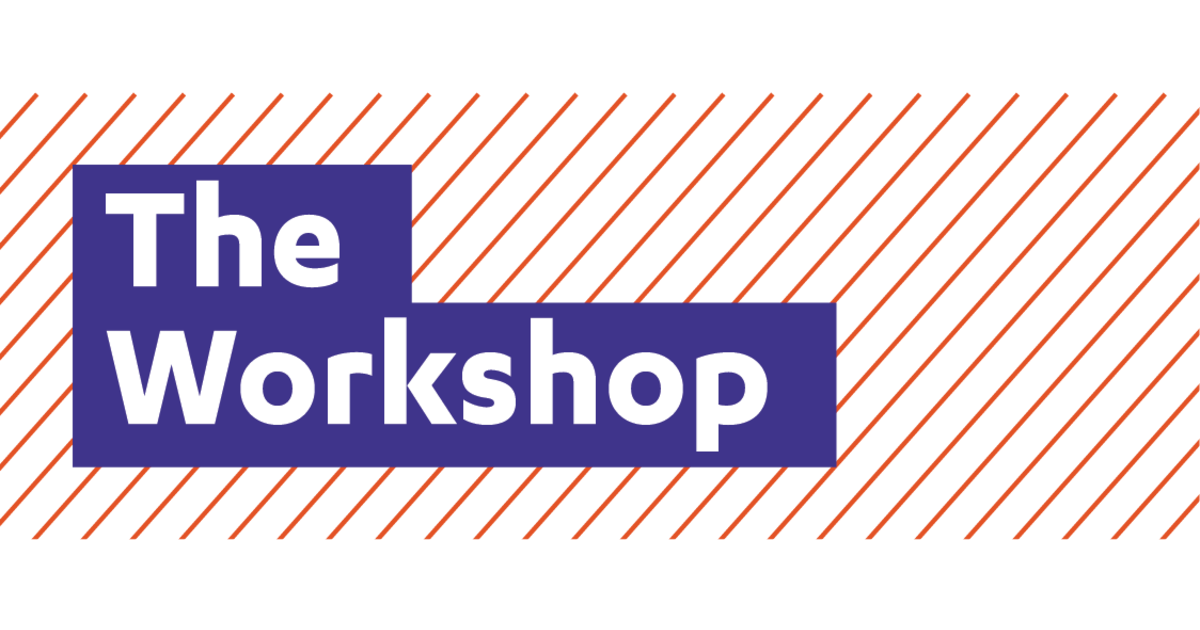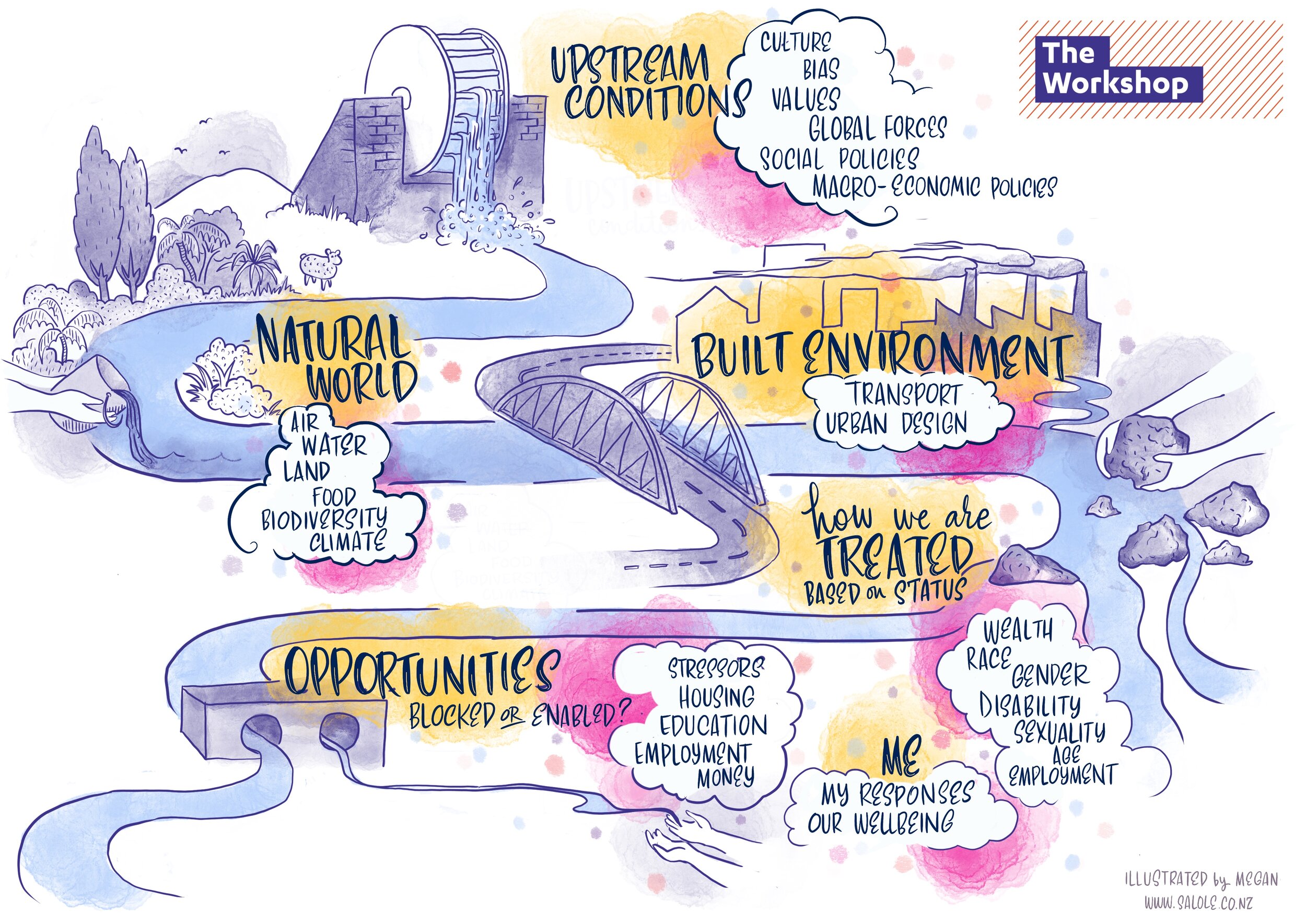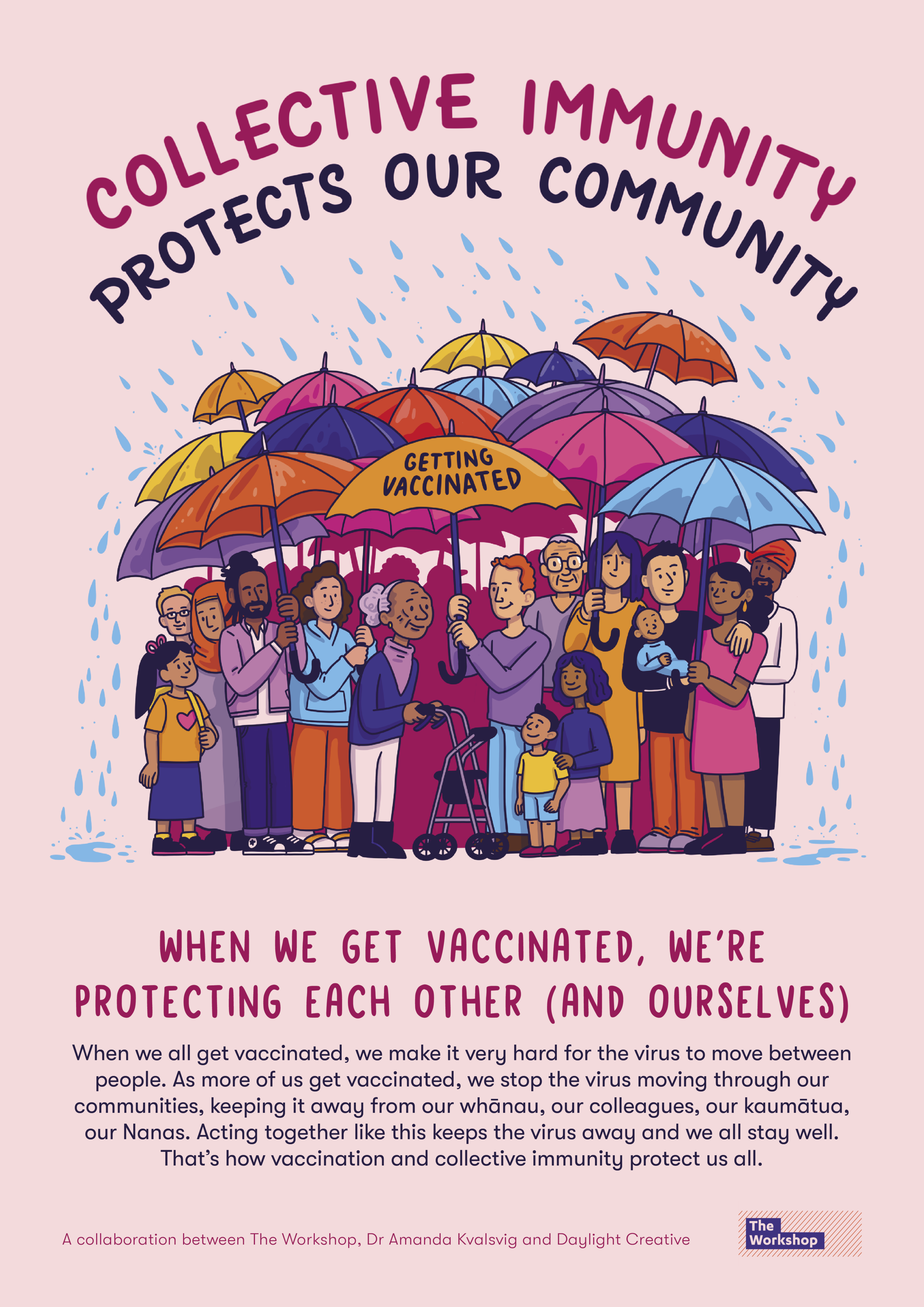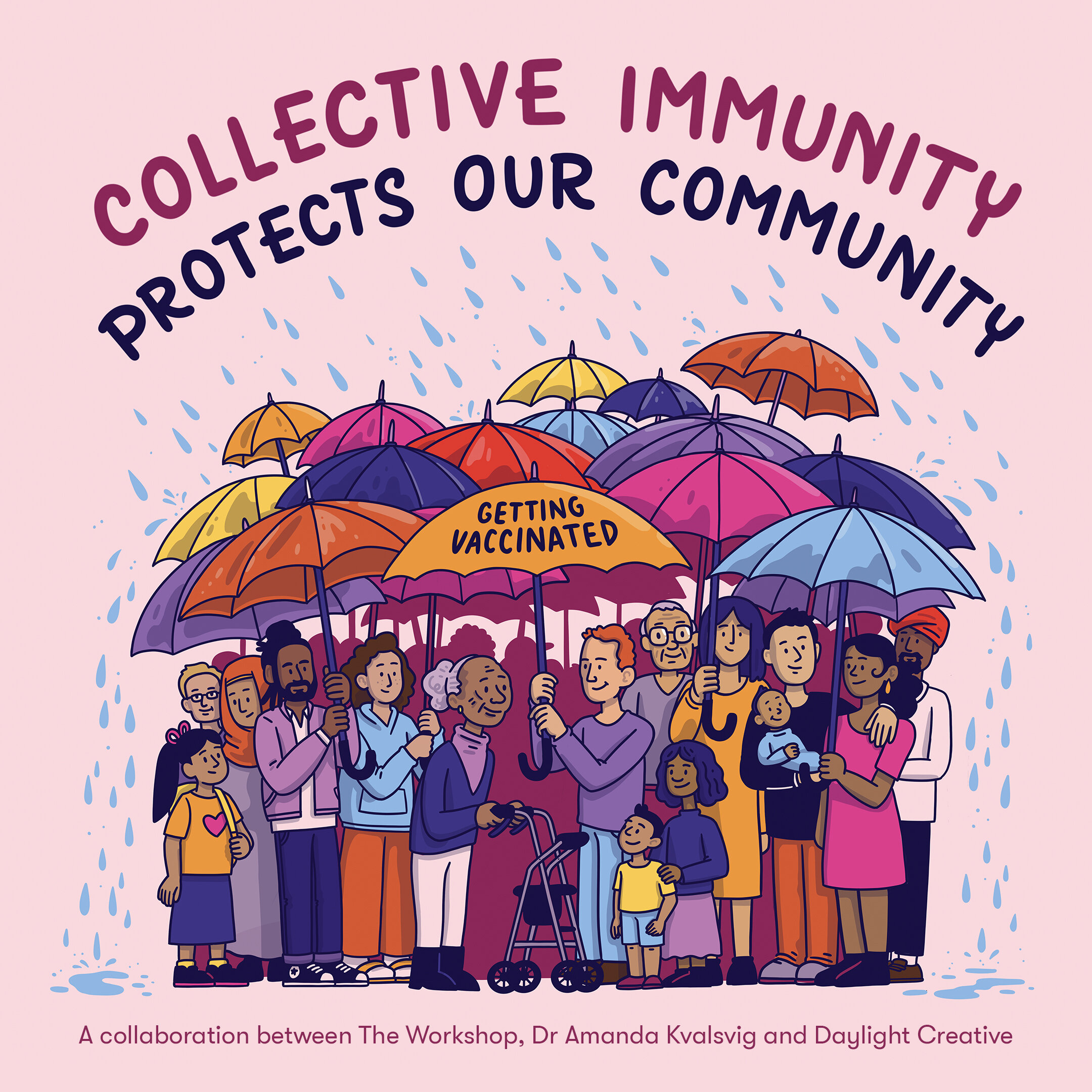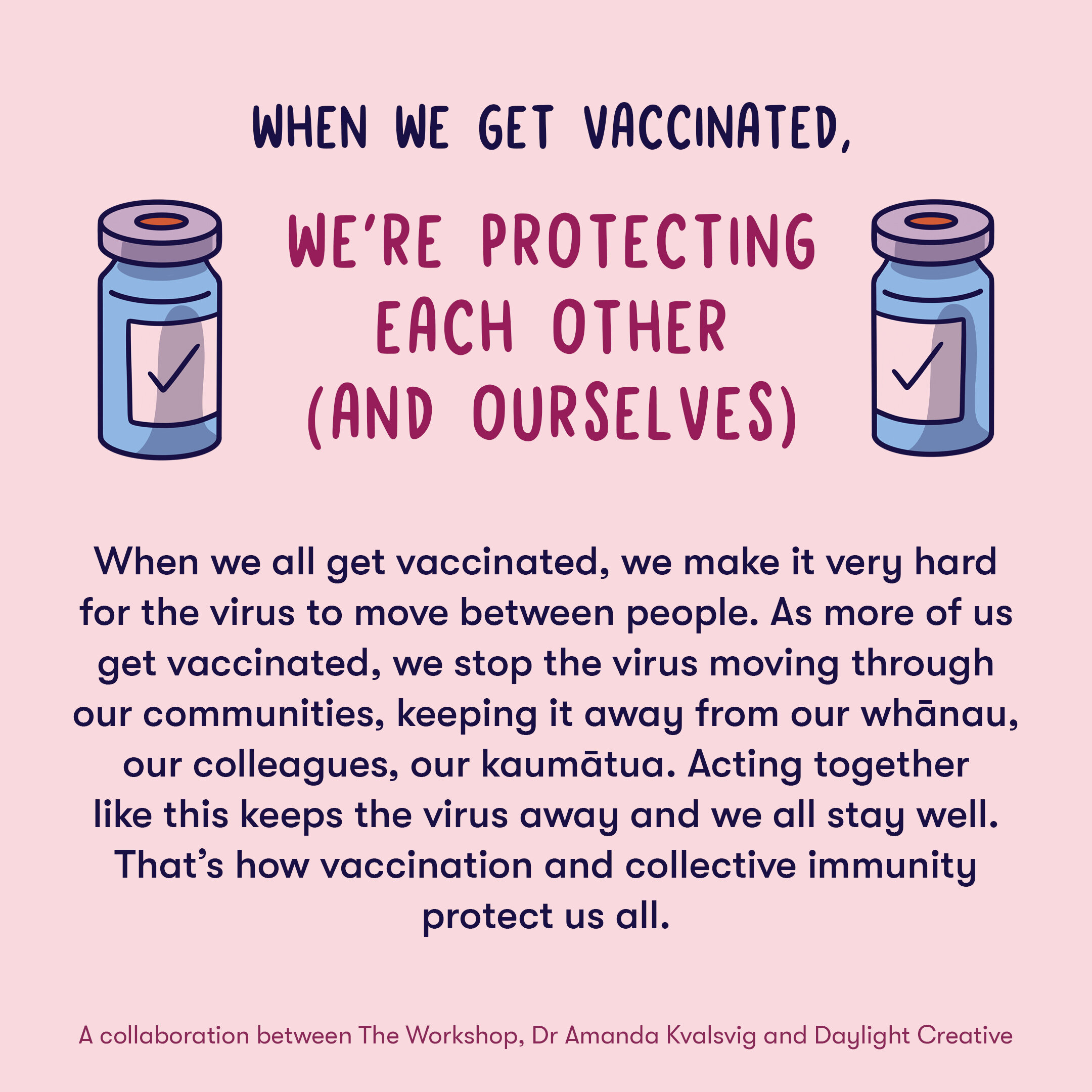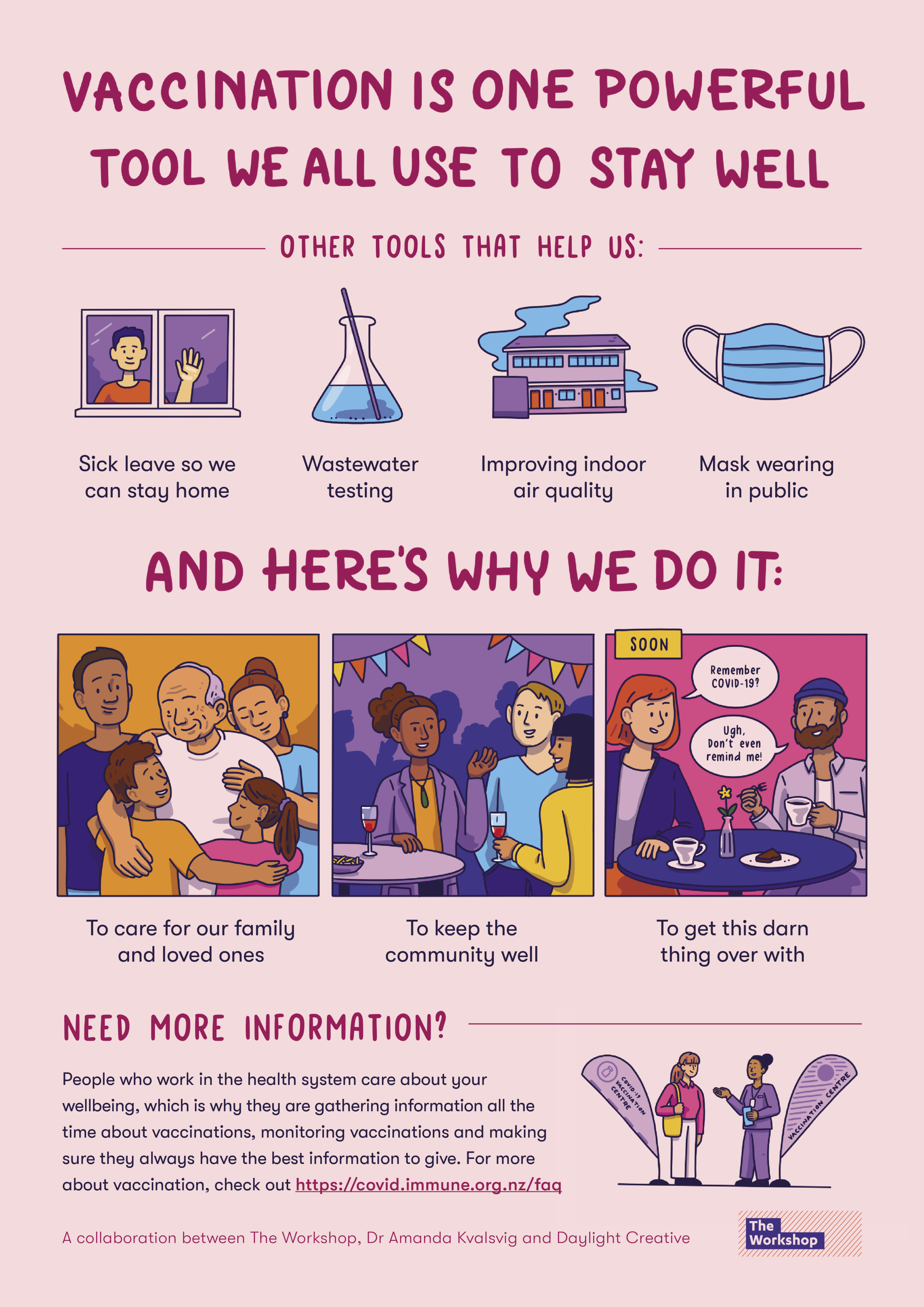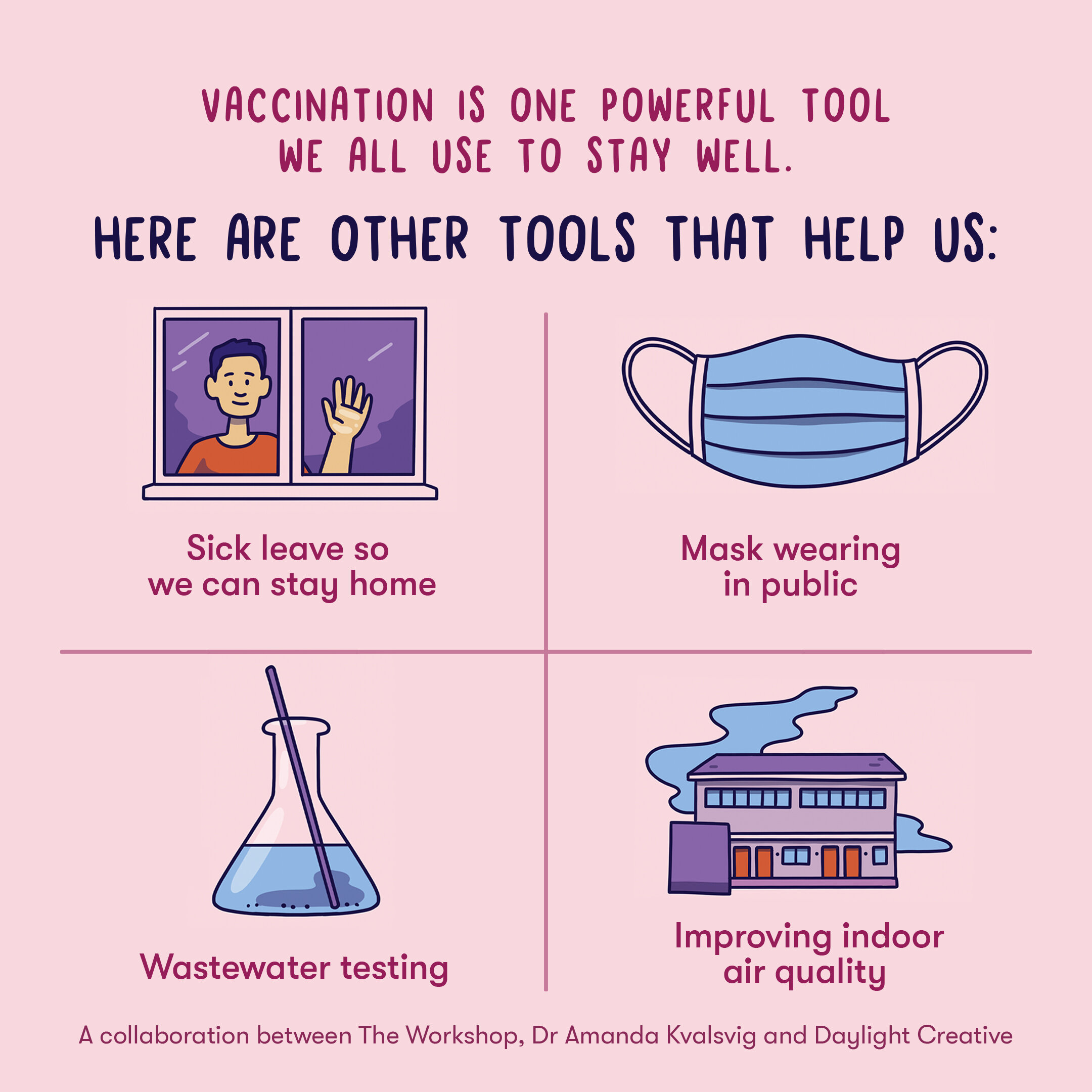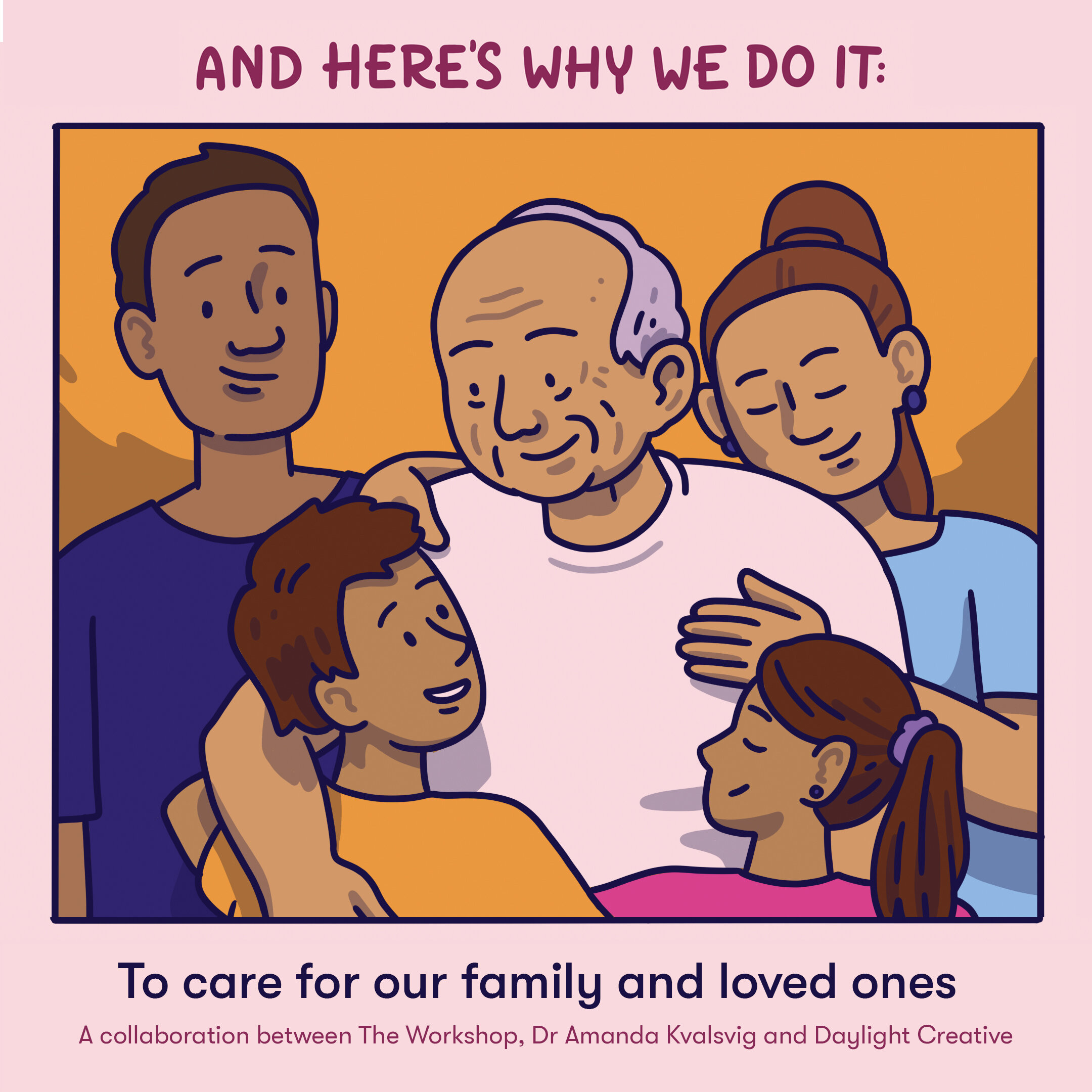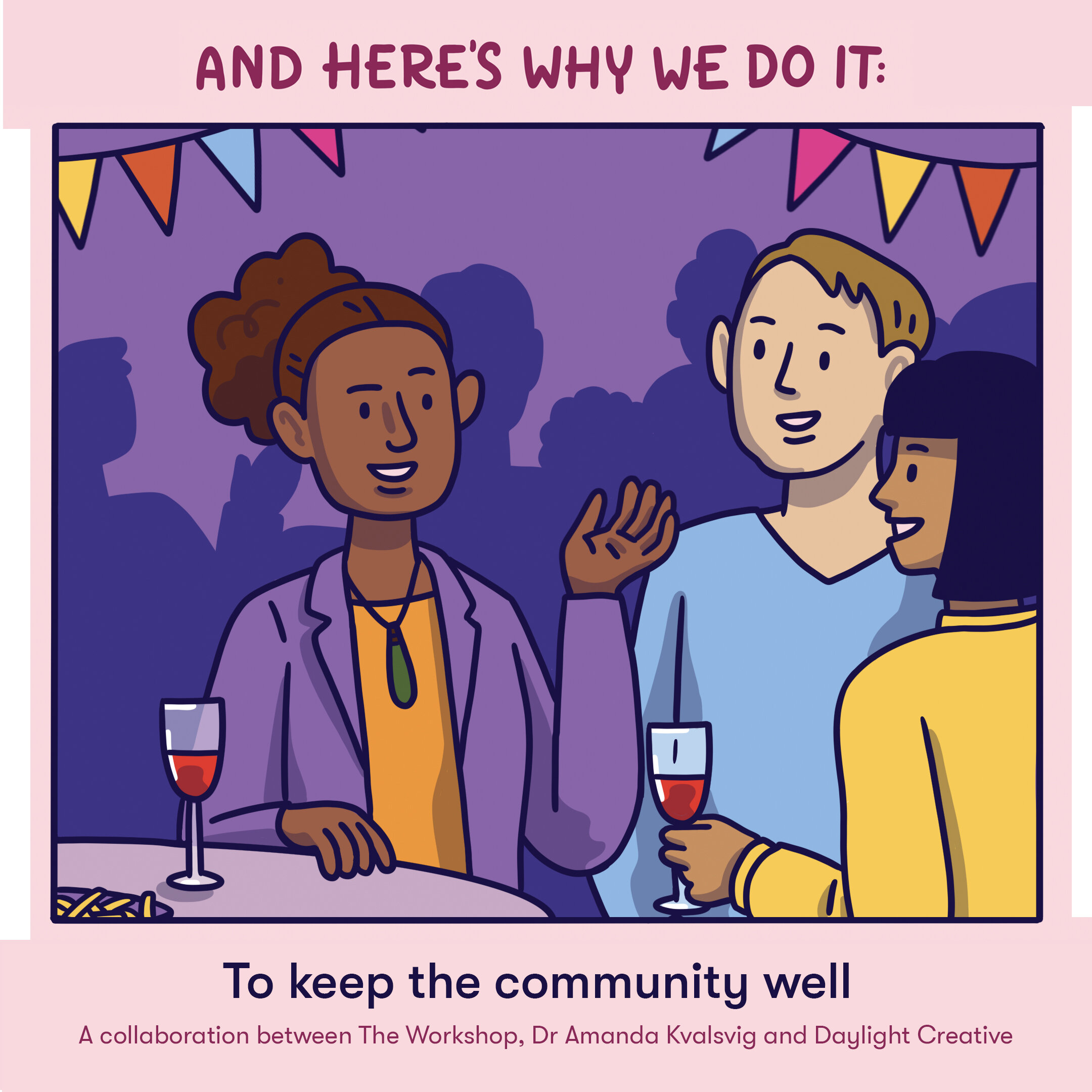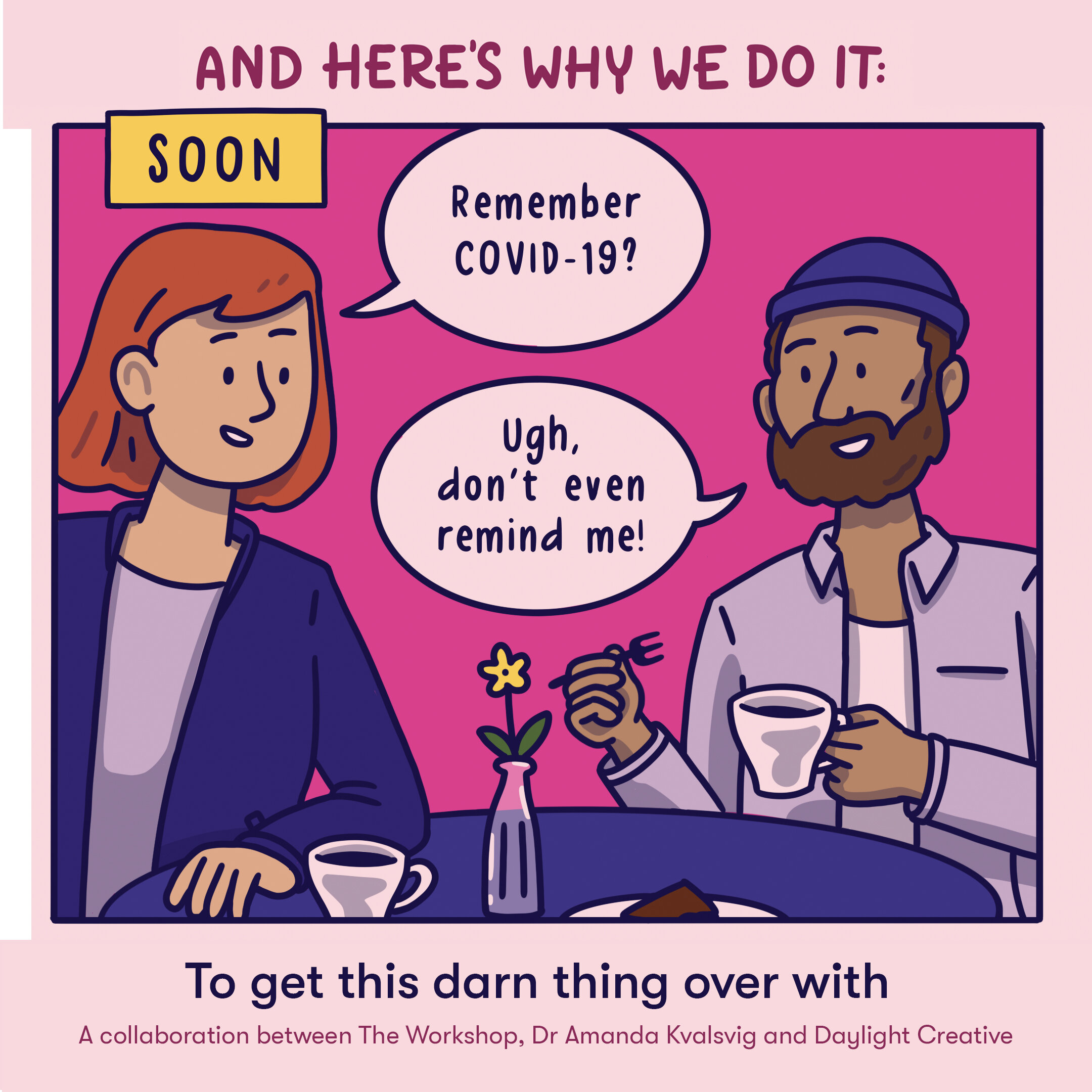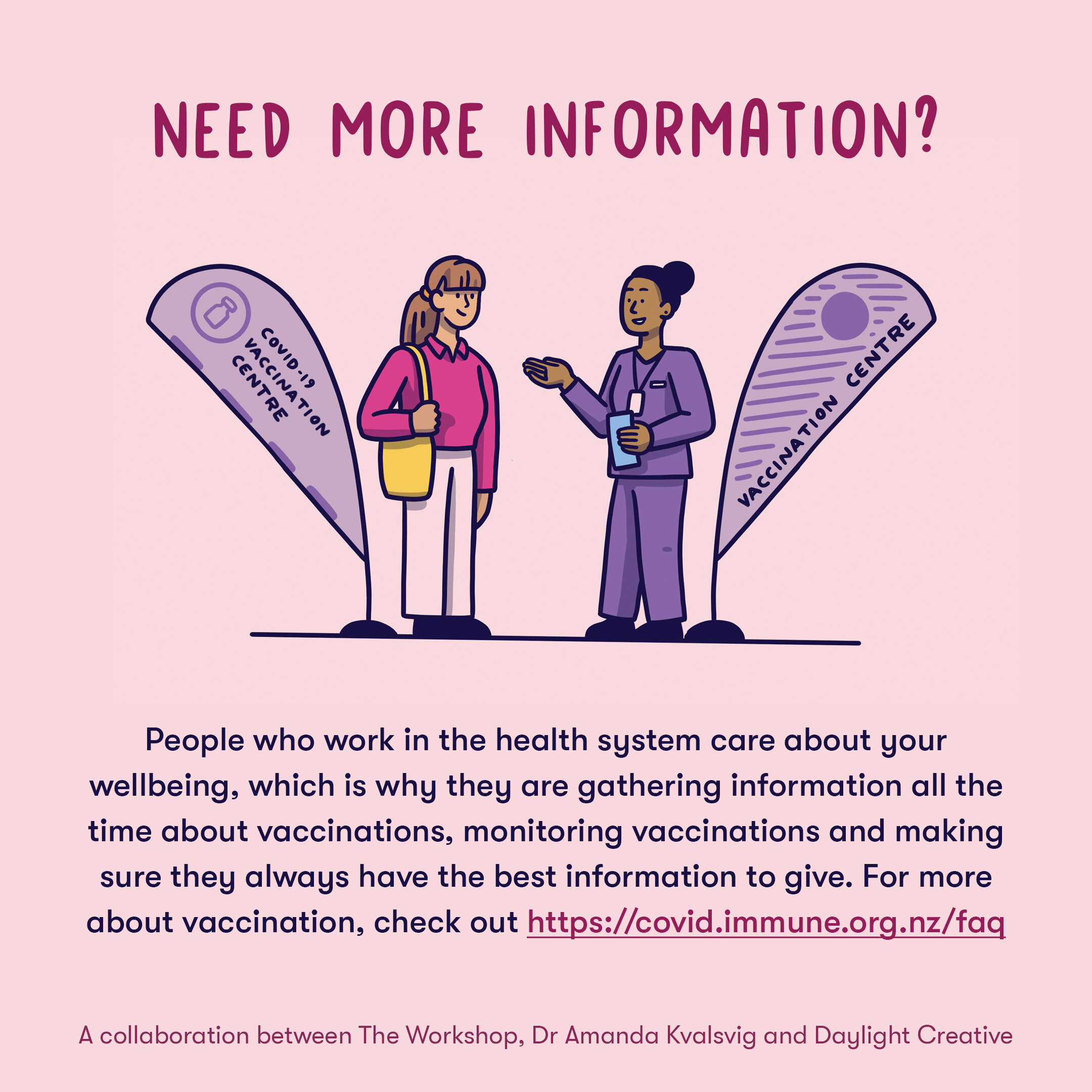The Emissions Reduction Plan is out and buried deep under the equitable transition chapter is a small but important objective for ‘informed public participation’. As experts in helping people understand complex issues and changes that make the biggest difference, what’s our take on the opportunity and risks in this objective?
Collective action needs collective understanding and support
Aotearoa New Zealand’s First Emissions Reduction Plan is out. People across Aotearoa have worked hard together for a future where government and industry act so all our children inherit a survivable planet.
The plan shows people care about what our planet can sustain. It’s a good first step in creating the conditions where all people and our environment can thrive. But we still face a barrier to implementing the plan, and the other effective actions that experts tell us are still to come. Many people who are both for and against effective climate action continue to tell the public that making individual low-emission choices as consumers is where their role starts and finishes.
The success of the emissions plan hinges on building people’s understanding and support for the transformative changes set out in it — everything else flows from this.
We need to help people reach a deeper understanding of how climate warming has happened, what the solutions are, who needs to act, and our own place in the collective solutions beyond our role as consumers and individuals.
People can’t buy or behave their way out of climate change: informing people about ‘low emission-choices’ will fail
The plan signals the government wants informed public participation in climate policy and actions (objective 5). This objective is a fundamental building block for implementing climate change policies that work to ensure we have a survivable planet. One action under that objective is to investigate setting up a new centre to provide public information on the climate:
‘Inform low-emissions choices through a Climate Information Centre: investigating the benefits of a Climate Information Centre that provides a trusted source of information to promote and socialise the wide-scale behaviour changes needed for the transition.’
But a climate information centre that’s designed to ‘inform’ people about ‘behaviour change’ and help them make low-emission ‘choices’ is destined to fail. It won’t ensure informed public participation in effective climate policies and won’t build the necessary public support for the big changes to come. This approach frames the problem and solution of public information as: individuals need information poured into them so they can choose to buy or behave their way out of climate change. This is simply untrue.
Are we citizens or consumers?
Picture the word ‘consumer’. What sorts of feelings and thoughts does it bring up for you? What does the word ‘consumer’ make you think about, what images come to mind, how is that person interacting with the world, and what are they doing? Try to notice what you do not think about?
Try the same exercise with ‘citizen’ or ‘community member’. What images come to mind? How is that person interacting with the world, and what are they doing? What do you not think about?
This exercise is an example of framing — the lens people see something through. ‘Consumer’ and ‘citizen’ are two very different frames that lead to two very different types of thinking about problems, solutions, and who’s responsible for fixing things.
Individual choice won’t solve climate change — we should stop talking like it will
Consumers making greener choices won’t solve climate change and people know this on a deep level — the scale of the problem is too big. And people get exhausted by being told they’re the ones that need to change when they see what they believe to be not enough action by people in government or businesses, including those causing the problem.
Focusing on individual behaviour can also lead to victim blaming — people get angry with other people if they feel they’re not making ‘better choices’. Consider the vitriol directed at people who bought petrol utes after the subsidy for electric cars was announced. Sure, it's not an ideal action in a time of climate change, but it is misdirection to blame individuals and say they don't care enough to change their behaviour. This thinking doesn’t acknowledge that some people have no choice.
People don't have the resources, the physical structures, or the right policies to support them to do things differently. The sorts of changes that will make the biggest difference — ones that enable people’s default behaviours to be low emissions ones — are only a glimmer in the eye of policymakers. And that’s, in part, because these changes lack public understanding and support and the political will that follows this support.
Effective policies are nothing without the public's ongoing belief in them as important, effective, and helpful to the problem, as they have been led to understand it. If people can’t understand how these policies relate to the problem as it has been framed and explained to them, they won’t support those policies or fight for them. People will also become easily influenced by the stories and narratives of those working hard to maintain business as usual.
How a problem is explained has to match proposed solutions. It’s a hard equation for people if you tell them that the problem and solution of climate emission is one of individual consumer choice — ‘buy an EV’ — and then try to get them to support a complete redesign of urban centres and housing infrastructure.
A Climate Information Centre could focus on citizen-level understanding and behaviours
To deepen understanding and increase participation in climate policies, climate information could engage people as citizens who are working together, over individuals who need to choose to change their behaviour.
A climate information centre that engages people as citizens, not consumers, could help people understand the complexities of climate change. It could help people see what big systems changes are needed, and are being planned for, and see their own role within this. A centre like this could:
develop a comprehensive strategy for deepening public understanding drawing on the best social science, mātuaranga Māori, and communications theories and research
research into what works in the Aotearoa context to deepen public understanding on climate problems and solutions in a bipartisan way
avoid the trap of fact-led descriptions of climate change as the problem about to consume us all
avoid a myopic and unhelpful focus on helping consumers ‘choose’ low emissions products
focus on hope-led, realistic stories of the collective solutions that are possible and already being done
explain the origin stories of climate breakdown and our planetary boundaries in ways that people can connect with and feel empowered to act by
work in partnership with ‘experts’ including those with lived experience of climate change harms — to build communications for different communities in ways that work
deliver participatory models for peoples’ involvement in climate action
resource the critical voices and work of Māori and pacific climate change communicators
provide resourcing, tools, and support to communicators in different communities to build their own communications that work, for example in schools, workplaces, and rural communities.
Climate communications based on the idea that we are citizens who together can shape effective solutions first, will help people see the bigger picture and the connections between things. This approach helps people understand, agree with, and support needed change — all other actions and behaviours stem from this.
For more guidance on narratives around topics such as transport, climate change, justice reform and more, visit our website. We have freely available message guides.
Get in touch with operations@theworkshop.org.nz if you would like to talk to us about how we can help you with specific advice or do training for your team.
The team at The Workshop - Marianne, Jess, Sharon, Gidion, Jordan, Carolyn, Ellen, Jayne, Nicky, Hannah, Julie and Tom
